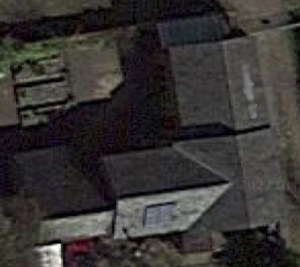So my quick workings, which please correct me if I've missed anything:
Our usage (10,000kWh pa) with Intelligent Octopus. We roughly use 0.8kWh 24/7 and an additional 0.2-0.4kWh during the day.
Rates
39.25p for 18 hours a day
7.5p for 6 hours a day
Usage
8,200kWh pa @ 39.25p/kWh = £3,219
1,800kWh pa @ 7.5p/kWh = £135
Current annual electricity cost
£3,354
If we installed 3 x 9.5kWh GE batteries we could draw down our daily requirements during the cheaper overnight period, and use this power during the day from the batteries instead of the grid. It would mean the batteries go from 100% to 15-20% every day, is this ok to do with these batteries?
Usage
10,000kWh pa @ 7.5p/kWh = £750
Forecast annual electricity cost
£750
Savings per year
£2,604
Three batteries & an inverter are ~£12,000, add ~£2000 for installation = £14,000
Over a 10 year period, before the batteries degrade(?) it would be a saving of ~£12,040 (£2,604 x 10 - £14,000)
If we added 4kW (10 panels) of solar panels to the install (which would produce ~3,400kWh pa), it would only save £255 a year (3,400kW x 7.5p/kWh) which seems pointless…unless the overnight rate price was increased.




